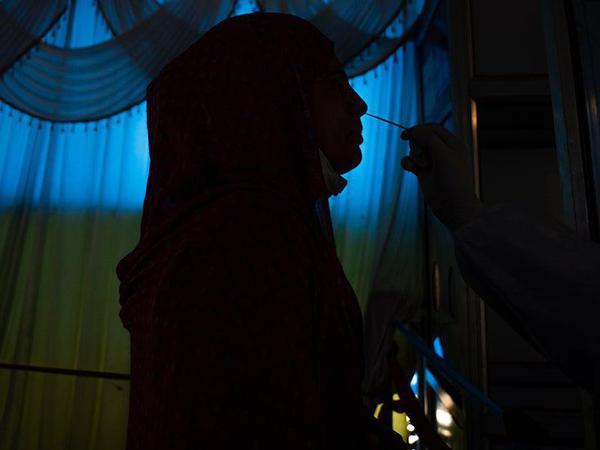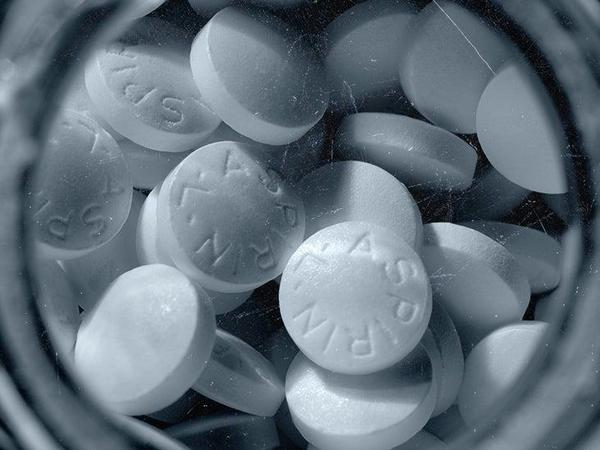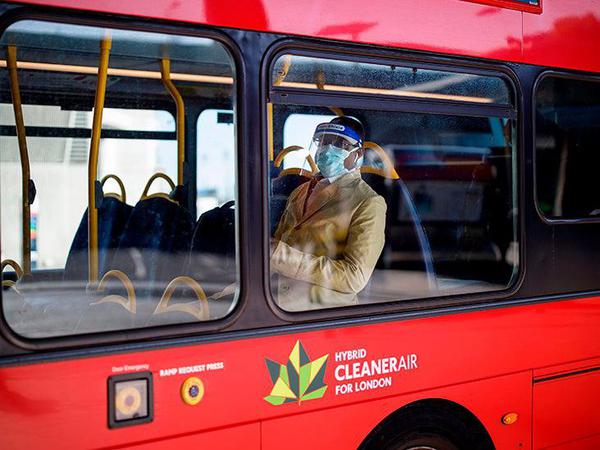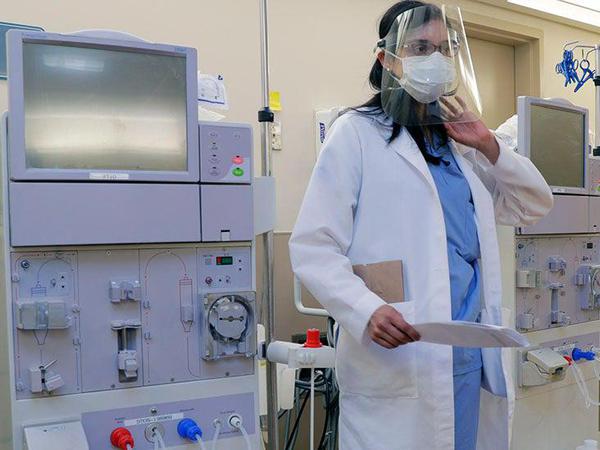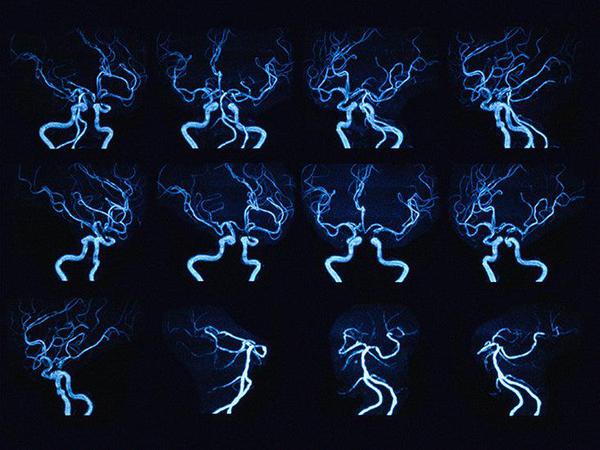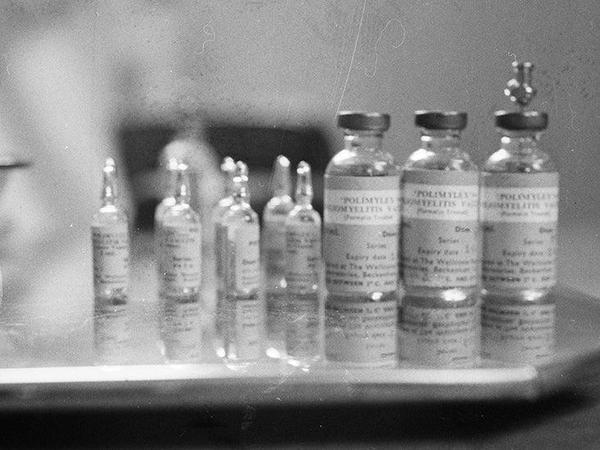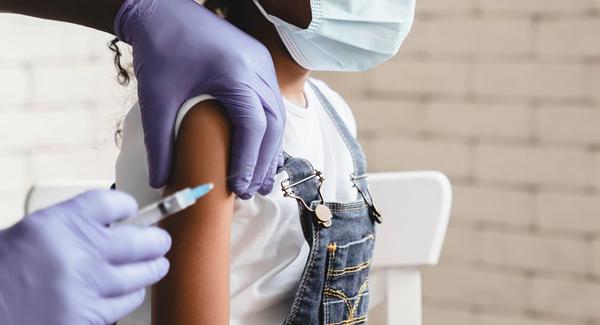
US Government Agencies Endorse COVID-19 Vaccinations for Children Under 5
Infants as young as 6 months old are now eligible for COVID-19 vaccine coverage. This month has seen further moves in the fight against the pandemic as health officials have authorized COVID-19 vaccines for babies and young children.


















